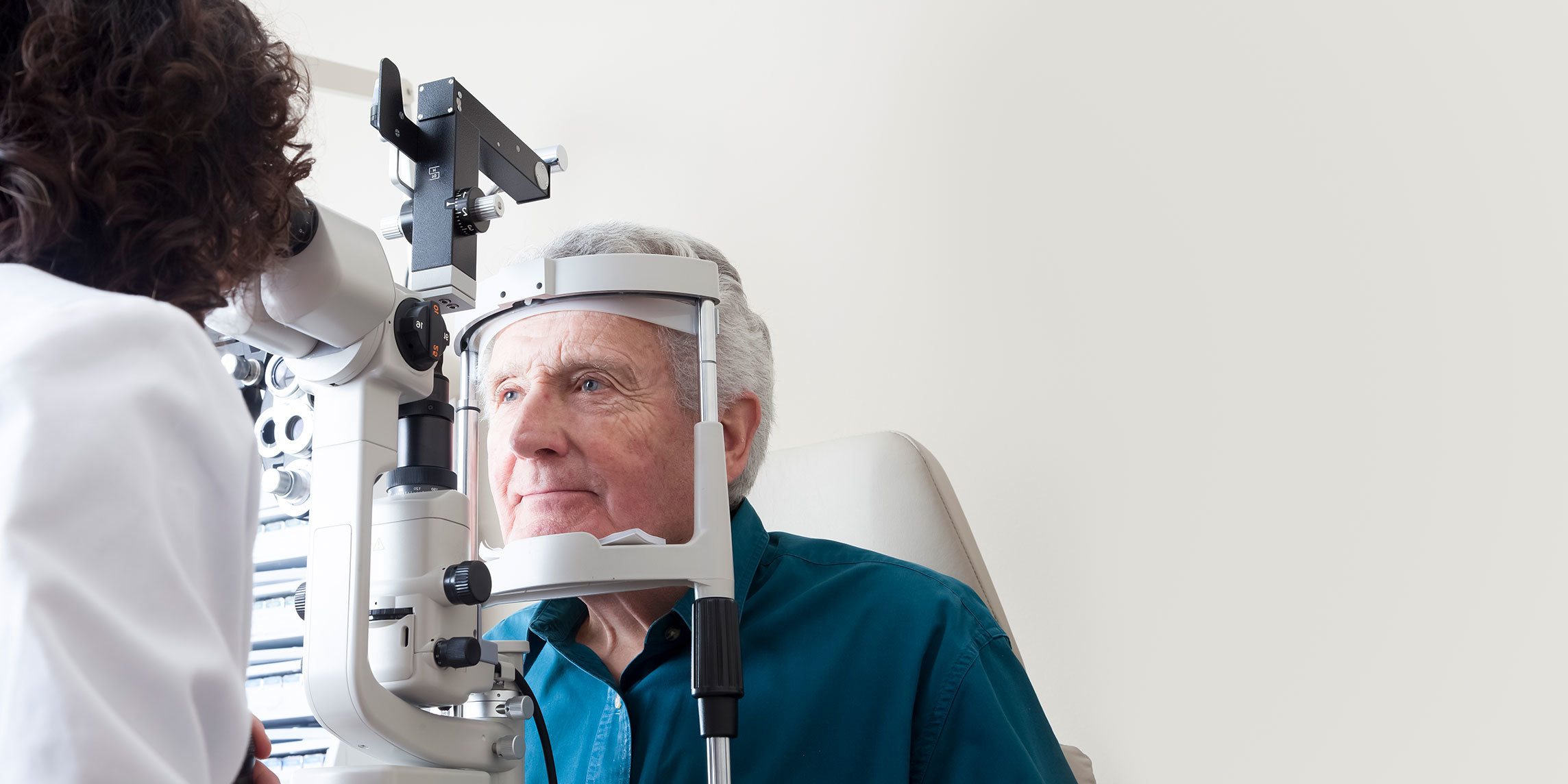What is Complex Cataract Surgery?
Basic cataract surgery involves the removal and replacement of the eye’s lens to treat visual impairment resulting from a lens that is too cloudy. If you have another ophthalmological issue besides cataracts, you may require complex cataract surgery, meaning additional interventions will be performed during your procedure.
Why is complex cataract surgery performed?
Complex cataract surgeries are often planned, but basic cataract surgery can also become complex during operation if the surgeon encounters an unforeseen complication.
Complex cataract surgery is sometimes performed if the eye would not otherwise allow the lens replacement. For example, if your pupils do not dilate, your doctor will take steps to manually dilate them to allow the cataract surgery to continue as normal. Other times, complex cataract surgery is performed because of comorbidities. This can involve precautions to avoid aggravating the other condition or a combined surgery in which both eye issues are addressed. For example, glaucoma and cataracts are often treated in a combined surgery.
Pediatric cataract surgery is usually classified as complex because of precautions taken to avoid complications specific to a child’s eye
How do I know if I am a candidate for complex cataract surgery?
You may be a candidate for complex cataract surgery if you have a cataract AND one of the following applies to you:
- You are 12 years or younger
- Your pupil does not dilate for any reason
- Your eye has been injured or damaged in some way
- You have been diagnosed with uveitis or glaucoma
What can I expect during complex cataract surgery?
During cataract surgery, the doctor will make an incision in your eye and replace the cloudy lens. A typical procedure is completed in a half hour, so a complex cataract surgery will take longer. You will receive local or general anesthesia to eliminate any pain during the procedure.
What can I expect after undergoing complex cataract surgery?
Recovery from cataract surgery of any kind can take multiple weeks, during which time you will need to return to the ophthalmologist for routine follow-up visits. You may be given eye drops and/or other medications to take at home. Additional recommendations for your recovery will vary depending on why a complex procedure was needed and what additional interventions were performed.
Protecting your eyes in the weeks and months following your surgery is of the utmost importance. Your ability to perform various activities following surgery may vary, and you should consult with your physician about your needs. For example, you may require a recovery period before returning to work. Other activities that may be limited after undergoing this surgery include driving and physical exercise.
Care Team Approach
At UT Health Austin, we take a multidisciplinary approach to your care. This means you will benefit from the expertise of multiple specialists across a variety of disciplines. Your care team will include fellowship-trained neuro-ophthalmologists, ophthalmic technicians, physician assistants, nurse practitioners, social workers, and more who work together to help you get back to the things in your life that matter most to you. We also collaborate with our colleagues at the Dell Medical School and The University of Texas at Austin to utilize the latest research, diagnostic, and treatment techniques, allowing us to identify new therapies to improve treatment outcomes. We are committed to communicating and coordinating your care with your other healthcare providers to ensure that we are providing you with comprehensive, whole-person care.
Learn More About Your Care Team

Mitchel and Shannon Wong Eye Institute
Health Transformation Building, 1st Floor
1601 Trinity Street, Bldg. A, Austin, Texas 78712
1-833-UT-CARES (1-833-882-2737)
Get Directions